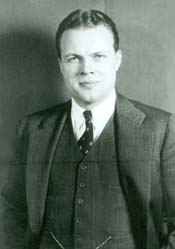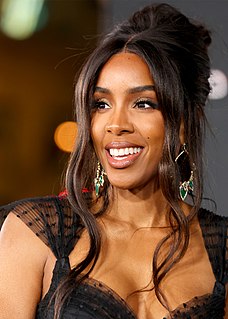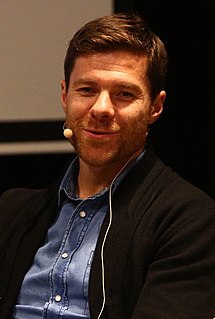A Quote by David Weinberger
How your social network - the people that you know, or in your community - understand or value a work can be... a tremendously relevant indicator of how important or meaningful it's going to be to you.
Related Quotes
My greatest influences are actually probably a set of different teachers. And these teachers, most prominently at my high school, but also a few others, helped kind of instill in me, thinking thoughts about how life is meaningful in terms of how we all kind of live in a network of people and how you interact with those people is part of what makes life essentially meaningful and then kind of concepts to think about, how do you add value to other people's lives? How do they add value to yours? And how do you kind of form a community together in the network?
Now all the myths that you have heard and that resonate with you, those are the elements from round about that you are building into a form in your life. The thing worth considering is how they relate to each other in your context, not how they relate to something out there-how they were relevant on the North American prairies or in the Asian jungles hundreds of years agon, but how they are relevant now-unless by contemplating their former meaning you can begin to amplify your own understanding of the role they play in your life.
So we want to make it easier to shop and understand products because many people aren't educated about what's offered - do you know your premiums? Do you know your copays? Do you know your deductibles? And so figuring out ways that we help people understand what this is, how it works, and that they can shop to get what they need.
How do I control my emotions? How do I stop getting angry so often, or how do I stop being sad? And I think there's a really important distinction to understand is that you can't completely control your emotions. What you control is your reaction to your own emotions. And a lot of people don't ever make that separation for what goes on with them.


































